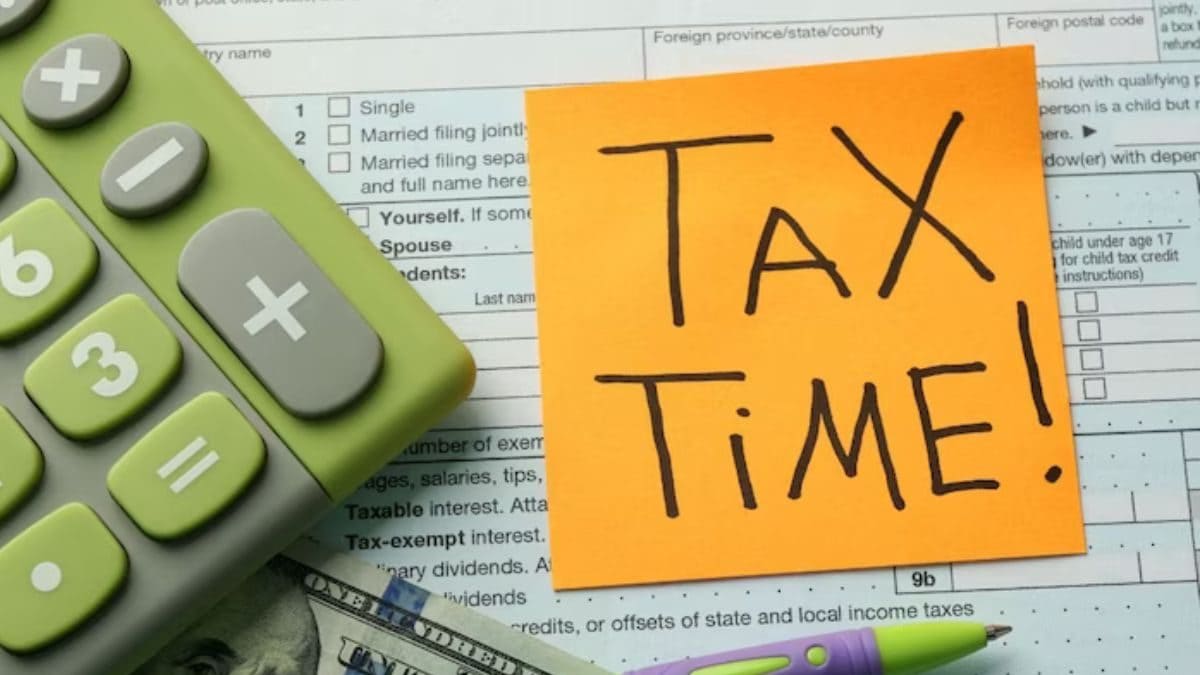ITR Filing: HRA To Education Loans, 5 Lesser-known Ways To Save Tax

Taxpayers are scrambling all the paperwork to maximise their tax savings.
Apart from usual tax-saving investments, many taxpayers might not know that there are several other ways to exempt or deduct while filing ITR 2023.
Individual taxpayers are now busy with organising their financial paperwork and filing their income tax returns (ITRs) across the nation, ahead of the deadline. They are scrambling all the paperwork to maximise their tax savings. Apart from usual tax-saving investments, many taxpayers might not be knowing that there are several other ways to claim exemptions while filing ITR 2023. Here are the lesser-known exemptions that are available to claim under various sections of the Income Tax Act.
Health check-up and life insurance:
Taxpayers can claim a deduction of up to Rs 5,000 on preventive check-ups for themselves, dependent children, spouses and parents. This can be claimed under Section 80D of the Income Tax Act. One can also claim the deduction amount that was received under a Life Insurance Policy, including the sum allocated as a bonus. The exemption from tax under Section 10 (10D) is subject to certain conditions.
House Rent Allowance
If you are living in a rented house, you can claim tax exemption on HRA under section 10 (13A) of the income tax act. This exemption can be claimed on actual HRA received or actual rent paid less than 10 per cent of salary or 50 per cent of basic pay in metro cities.
Leave Travel Concession
Exemption under Section 10 (5) is given for expenses incurred on the travel of an individual and his family when on leave, which are applicable on certain conditions.
Interest On Education Loan And Post Office Savings
A taxpayer can claim a deduction on the interest paid on an education loan under Section 80e. The deduction is not limited to any specific amount and can be claimed for a tenure of 8 years or till the interest is paid, whichever is earlier. In the case of individual accounts and joint accounts, the interest income up to Rs 3,500 and Rs 7,000 is exempted from tax under Section 10 (5).
National Pension Scheme
You can additionally claim a deduction of Rs 50,000 for contributions made to the NPS under Section 80CCD (1B). In the new tax regime, the employer’s contribution to NPS, Superannuation or EPF beyond Rs 7.5 lakh is taxable. But you can also claim it on accumulated interest on the employer’s contribution to NPS.
For all the latest business News Click Here

